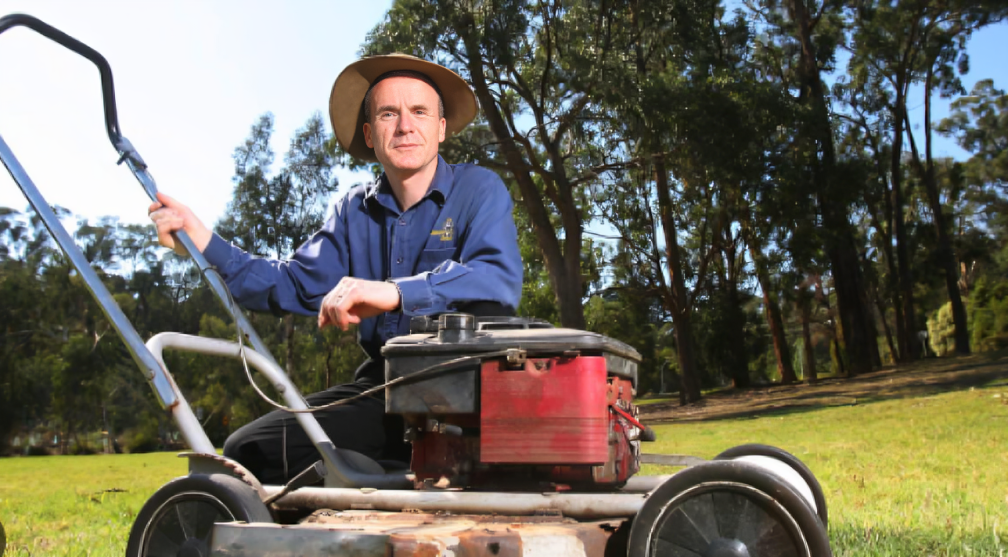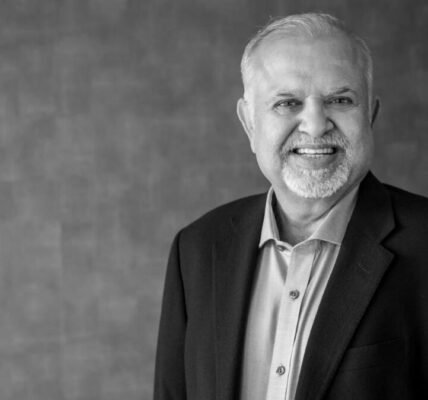Early Life
David “Jim” Penman was born into a family that emigrated from the United Kingdom to Australia in 1955. His mother, Margaret Moxham, was a teacher from Scone, NSW, who met his father, Tom Penman, during a holiday in Wales. The family settled in Australia and eventually had four children: Lynne, David (Jim), Chris, and Gill. Tom Penman worked in various roles, including academic positions at the University of Adelaide and as Chief Engineer at Carlton United Breweries.

Education
Jim attended several prestigious schools, including Prince Alfred College in Adelaide and Melbourne Grammar, before enrolling at La Trobe University, where he earned an Honours Degree in sociology. In 1974, he began PhD studies under the supervision of June Philipp, exploring the relationship between character and history. After a challenging start, including an initial rejection of his thesis in 1981, Penman successfully resubmitted his work, titled “Personality and Culture,” in 1984.
Jim’s Group
After completing his PhD, Penman transformed his part-time lawn mowing business into a franchise, launching Jim’s Mowing in 1989. His innovative business model focused on franchising lawn mowing rounds and recruiting subcontractors, leading to rapid growth. By 1989, he had sold around 100 rounds and quickly expanded into various service industries, including cleaning. Today, Jim’s Group boasts over 5,200 franchisees across Australia, New Zealand, Canada, and the United Kingdom, making it one of the largest home-service franchises in Australia.
During the COVID-19 pandemic, Penman was vocal about his criticisms of government lockdown measures that impacted his franchisees, even leading to legal action against the Victorian government.
Research Interests
Penman’s academic interests extend beyond business; he is also a historian and biohistorian. In 2006, he began funding research projects related to his PhD thesis, aiming to understand societal decline and predict cultural trends through the lens of epigenetics. His self-published works, including “Biohistory” and “Biohistory: The Decline and Fall of the West,” have drawn criticism for their controversial claims and associations with eugenics. However, Penman argues that genetic similarities among humans mean that differences are best explained through epigenetics, which examines how environmental factors influence gene expression.
He has established the Institute for Social Neuroscience, where he continues to research the behavioral effects of environmental conditions on epigenetics.
Personal Life
Jim Penman has been married four times and has ten children. Initially an atheist, he converted to Christianity in 1979 and describes himself as an evangelical Christian, attending a conservative creationist church. Recently, he has sought to become more mainstream in his faith by attending a local Catholic church. He remains actively involved in his businesses while continuing to pursue his research interests.
Bibliography
Jim’s Mowing and Franchise Development
- The Cutting Edge: Jim’s Mowing, a Franchise Story (1992)
- Surprised by Success: The Very Australian Story of Jim’s Mowing (1998)
- What Will They Franchise Next?: The Story of Jim’s Group (2003)
- Selling by Not Selling: From $24 to a Turnover of $24 Million (2013)
- Every Customer a Fan: The Story of Jim’s Group (2022)
Epigenetics, Culture, and Society
- The Hungry Ape: Biology And The Fall Of Civilisations (1992)
- Biohistory: Decline and Fall of the West (2015)
- Biohistory (2015)
- Epigenetics and Character: The Biology Behind History (2021)
Legacy
Jim Penman’s journey from a part-time gardener to the head of a thriving franchise empire illustrates his entrepreneurial spirit and commitment to customer service. His controversial academic pursuits continue to generate debate, but his influence in both the business and research communities remains significant.





